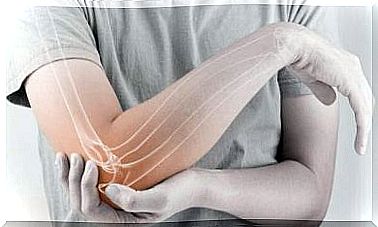How Does The Transition To Summer Time Affect The Body?

There have been several interesting studies on how the transition to summer time affects the body. However, none of them have been really exhaustive. It is clear, however, that this change will have different effects on different people, and for some, moving to summer time can be a very embarrassing time of year.
Moving watches is an issue that has always sparked debate, and the debate has intensified in recent years. This practice began in Europe during the First World War. The main argument in favor of summer time was that it would help people save energy.
In theory, the purpose of moving clocks is to utilize sunlight and thus save energy. However, studies show that the energy saved by man in the morning is used in the afternoon. In addition, employees become less productive as they adapt to the new era. Maybe it won’t save as much energy as originally thought!

Daylight saving time
However, some studies show that cultures that do not use electricity have a similar routine as others. Experts also believe that our ancestors had the same type of sleep and day rhythm as we have today. This means that we all have inherently similar sleep patterns. This is because all living beings, even the simplest, regulate many of their functions in 24-hour periods. In these episodes, light and darkness are decisive factors.
In 2011, a team of researchers from the Barcelona Genomic Regulatory Center (CRG) found that cells differentiate between day and night, and that this is vital to their functioning. This circadian rhythm regulates the cycles of sleep and wakefulness and all related functions. When these cycles change, it causes an imbalance in the body and can lead to many problems. The human body likes routines because they help it function better.
How does the transition to summer time affect the body?
The transition to summer time causes a kind of “jet lag” or time difference stress. These terms are most often used when a person travels to a place with a different time zone and the circadian rhythm gets confused. Switching to summer time also confuses the body and can cause some sort of chaos. Even small changes in wakefulness and rest periods cause fatigue, drowsiness, and irritability.
Some suffer from this change more than others. Biologically, the symptoms of time difference stress are due to the fact that the immediate effect of this change is a change in melatonin secretion. Melatonin is a hormone that is affected by the amount of sunlight. When there is more light, there is less melatonin. Conversely, to achieve sleep, the body produces more melatonin when there is less light. When the amount of light suddenly changes due to a time difference, hormone secretion is disrupted and symptoms begin to appear.
In most cases, it takes the body about three days to reach balance again.

Other effects
Switching to summer time affects the amount and quality of sleep. According to this study, switching to daylight saving time causes people to lose about 60 minutes in the amount of sleep in the first days after moving the clock, and it affects sleep quality in about 10% of people.
Some illustrative studies have found that switching to summer time slightly increases the number of heart attacks (heart attacks). The transition to winter time in the fall, in turn, will reduce their numbers. At the same time, another study shows that in the first days after the transition to summer time, the number of suicides increases. In addition, studies show that the number of both work-related accidents and traffic accidents is increasing these days. There is statistical evidence that accidents are generally more serious on Mondays after the changeover to summer time than at other times.
However, we would like to point out that there is very little increase in heart attacks, accidents and suicides. Nonetheless, they are interesting points that we should keep in mind at that time of year to make a conscious effort to adapt to change in the healthiest way possible.









